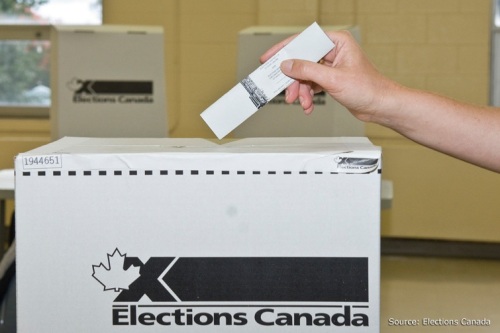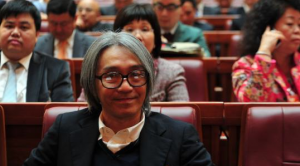
Hengqin Island
Shenzhen is where China’s market reforms began, and the PRD also looks to be where the Central Government is flirting with political reform.
We previously reported that plans to develop the Qianhai area in Shenzhen into a special zone that would potentially feature a Hong Kong-style independent judiciary and enhanced freedoms have been shelved, but a second plan in neighbouring Zhuhai has been given the go-ahead.
Hengqin Island is a 106-square-kilometre island that sits right next to Macao. Last year, the State Council named it the country’s third new strategic zone, after Pudong in Shanghai and Binhai in Tianjin. But Hengqin is even more daring, as it will feature a changed legal system on parts of the island and zero duties and tariffs on imported goods, as long as they are not sent elsewhere in the Mainland. In some cases, people traveling from Macao to Hengqin will also be exempt from customs formalities.
Not much is happening on the island at the moment, but that could change soon, according to this report from Macao which cites the South China Morning Post:
The blueprint announced by the Zhuhai authorities includes a massive gas terminal and gas-engine generator projects and a huge ocean-themed entertainment centre.
Most controversially it will include a branch of the Macau University.
A Zhuhai official said students and staff would be able to access the university through a special tunnel without needing to go through immigration checkpoints.
“Because the new campus will be operated according to Macau laws, both the university and we expect to make it a self-contained area that is separated from other parts of the island,” Niu Jing, deputy director of Hengqin’s administrative committee, was quoted as saying by the South China Morning Post newspaper.
It remains unclear if Macau police would have access to the campus on Chinese territory.
Zhuhai authorities say they want to see the island generate 56 billion yuan (US$8bn, £4.9bn) in annual GDP by 2020.
Currently the island of 106 square km is described as bleak, largely empty, generating just 128 million last year.
The population is expected to increase to 120,000 by 2015 and 280,000 by 2020.
Having the university and the land upon which it sits governed by Macao law is precedent-setting for the Mainland. A similar plan in Shenzhen, in which part of the city would be governed by Hong Kong laws, was shelved after Shenzhen officials got cold feet.
This development is interesting on a number of levels. First, it is an indication that the Central Government is indeed looking at ways of introducing political and legal reforms. As is their wont, the cadres in Zhongnanhai will go slow and ensure they don’t lose control of the process. Finding an isolated piece of land, like Hengqin Island, and going slow with the process likely makes them feel a bit more comfortable.
Secondly, on my own humble observation, it seems working with Macao is safer than having Hong Kong run a similar project in Shenzhen. Unlike the Hong Kong SAR, Macao quickly embraced the motherland upon its return in 1999. It has a much more cooperative government and less politically active population. Macao has traditionally worked well with the Central Government, while Hong Kong is much more adversarial, making Macao a safer choice.
The tax policies on Hengqin will also go much farther than in the other two strategic zones, according to China Briefing:
Overseas goods shipped to the island – except for consumer products for day-to-day life, goods for commercial property development projects, and other goods that cannot enjoy free duties according to related regulations – will enjoy import duty exemption, but will still be subject to tariffs if they are destined for other parts of Mainland China. However, duty-free entry of goods does not mean boundaryless entry of people. Visitors from Hong Kong, Macau and foreign countries will still have to complete customs formalities, related reports emphasize.
In addition to import duty exemption, commodity trading among enterprises based on Hengqin Island is also exempt from value-added tax and consumption tax payment. It is even hoped that some eligible local enterprises will be allowed to pay corporate income tax at a lower rate of 15 percent.
Compared to most of China’s bonded areas, where a similar customs system and tax policies are practiced, Hengqin is going to be more consumer-friendly. While regular bonded areas are usually set up for manufacturers, Hengqin will allow the construction of commercial living and consuming facilities and develop commercial retail businesses. There will be shopping malls built up where people can spend their money, said Fang Zhou, assistant chief research officer of the Hong Kong-based One Country Two Systems Research Institute.
We do not want to overstate the importance of Hengqin to China’s development, as this remains a plan on an isolated island far in the south of China. Like many plans and ideas in China, it may not come to fruition. But the fact that this project has been given approval by the Central Government and includes small but radical changes to taxation and laws could be a harbinger for things to come… if it’s successful.






















